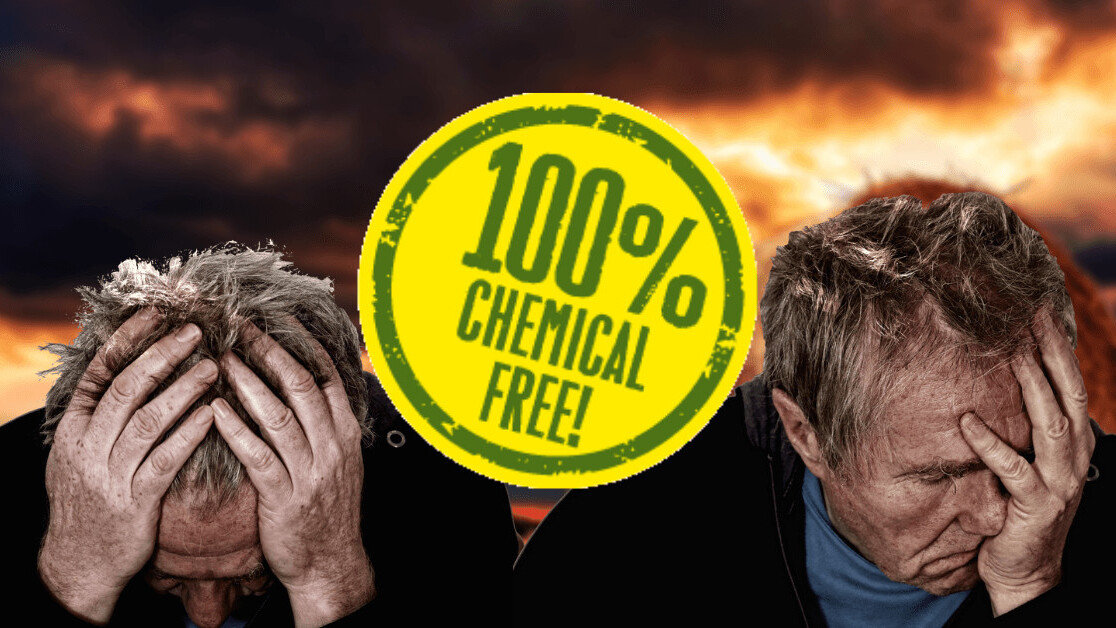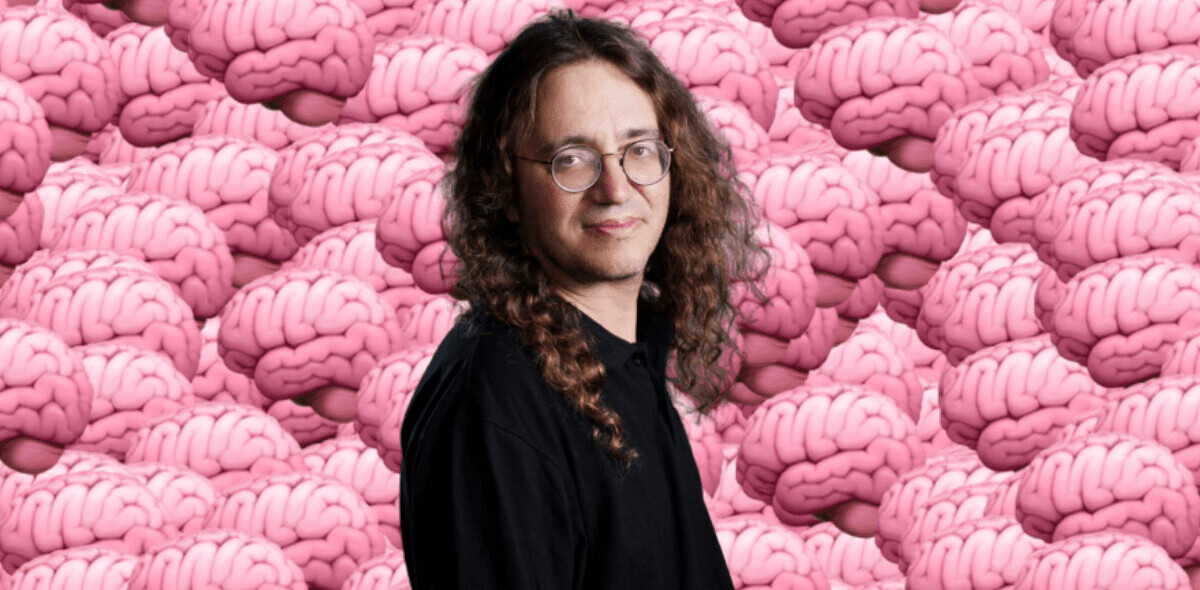
During casual conversations with Uber drivers and new acquaintances on flights across the country, it sometimes comes up that I’m a chemist. The reactions run the gamut, most latching onto the baggage associated with ‘chemicals’ in today’s society. The most common sentiments being along these lines:
- “Chemical companies are making the environment and people less healthy.”
- “We should avoid chemicals in foods, cosmetics, and other consumer products.”
- “Things labeled “all-natural” are good. Ingredients that are difficult to pronounce are bad.”
That’s a small sample of what I hear, and its all echoed in studies, top ten lists, and public mantras. Considering the way chemicals are sometimes portrayed, it’s pretty understandable.
In just one month, three stories broke about the war on chemicals. Nail-polishes are being attacked for toxins, whole villages are working to become chemical-free, and America’s favorite fizzy water, La Croix, is under attack. But as you might suspect, portraying chemicals in a unified, negative manner is a big problem.
Chemicals are life
Simply defined, a chemical – whether natural or synthetic – is actually just an arrangement of interconnected atoms in space. Matter is composed of chemicals, and thus they cannot be something inherently “toxic,” “dangerous,” or “harmful.” And so chemicals aren’t “bad.” They’re also not “good.”
Chemicals are pervasive and ubiquitous; they’re fundamental to, and the basis of, our very existence. Chemicals just are. And they’re pretty much everything. This is why a negative perception of chemicals, including the existence of so-called “chemical-free” products – shampoo, perfume, detergents, clothing, you name it – is misinformed and anti-scientific.
In fact, in many cases “chemical-free” consumer products do not and cannot exist. Items like toothpaste, computer screens, jeans, tape, aspirin, golf balls, windows, hot sauce, Band-Aids, breakfast cereal, beer, wine, soap, and coffee don’t just happen to contain chemicals.
They are entirely made of them.
Stunting our scientific progress
While it’s true that many chemicals can be harmful at certain doses (including those, like chemical weapons, designed to be harmful), discussions that I have had with people from a variety of areas and cultures make me realize that our lives could be significantly elevated if we had an appropriate reaction to the word “chemicals.”
We would not be where we are today without advances in chemistry and new chemicals. They make modern society possible. If we continue to harbor undue resentment towards them, what progress are we stopping?
As a historical example, did you know that the discovery of a chemical reaction for synthesizing ammonia from hydrogen and nitrogen changed the course of humanity and the physical appearance of our world? Indeed, the Haber-Bosch process makes it possible for sufficient food to be grown to feed the world’s current population and has enabled the population explosion from 1.6 billion in 1900 to 7 billion today. This is because without ammonia – a simple chemical containing three nitrogen-hydrogen bonds – the world would not have sufficient fertilizer to grow food.
And chemistry will be the source of solutions to many of society’s greatest challenges in the decades ahead, in food and water, energy, and medicine. For example, many new therapies that treat the most debilitating diseases in the modern world – safer and more effective than older ones – only exist because methods in chemical catalysis that were developed in recent decades have enabled their discovery and production.
Long live the scientifically well-informed
We must seek to promote a better understanding and appreciation of the central science; a field of scientific inquiry and application that has given us penicillin, contraceptives, liquid crystal displays, batteries, and countless other inventions and products that define and enrich our everyday life.
With a greater appreciation and understanding of chemistry and chemicals, our ability to make consumer and healthcare decisions will improve, the physical and natural worlds around us will appear richer and more fascinating, and ultimately human progress will accelerate. It will also empower more young people to be inspired to study chemistry and do research in the chemical sciences, imagining new possibilities and solutions that could be created with new chemistry.
Our future will be a chemical future. And it will be a brighter one if we seek to dispel the negative perception against chemicals and instill a greater appreciation for chemistry, both in nature and in human industry. A healthy level of skepticism toward anything “chemical-free” would be a scientifically conscious move in the right direction.
Get the TNW newsletter
Get the most important tech news in your inbox each week.




